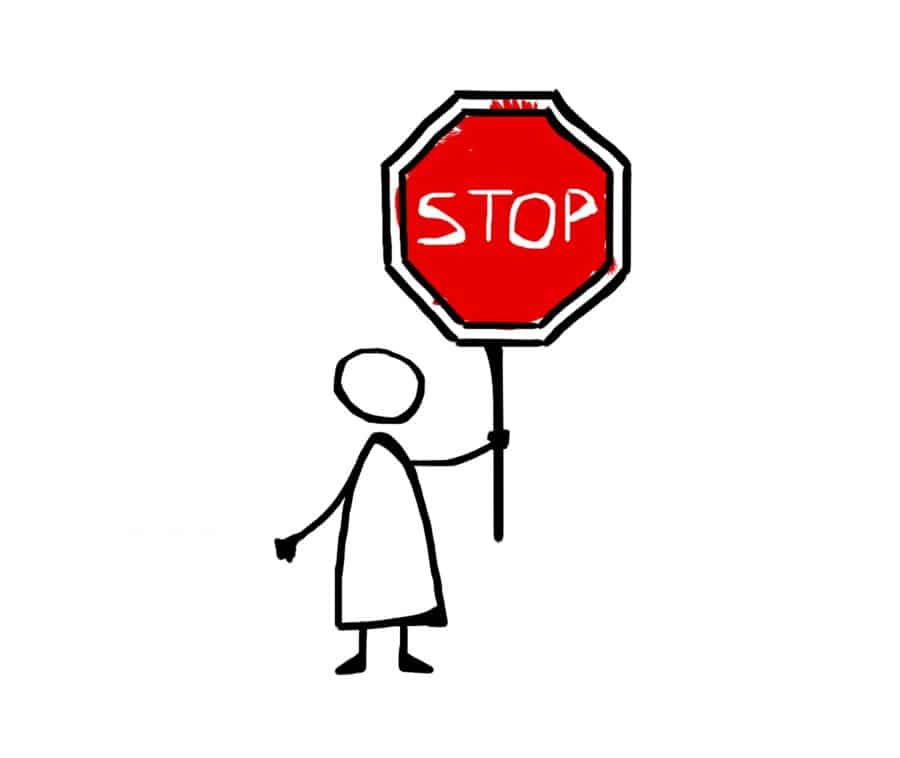There has been a lot of buzz over the last week about recent reactions to the sexual harassment suit which Gretchen Carlson filed against Fox News and its former chairman, Roger Ailes. In case you missed it, a quick recap: Ms. Carlson filed a lawsuit against Fox and Ailes alleging that Ailes sexually harassed her in the newsroom, including “ogling” her, telling her she was “sexy,” and asking her for a sexual relationship, and then retaliated against her when she rebuffed his advances. Since news of that suit broke, at least twenty other women who worked under Mr. Ailes have publicly alleged that they too were harassed by the Fox News chief.
Last week, a number of people in the political sphere began making comments about the lawsuit. However, rather than publicly taking a stand against sexual harassment in the workplace, some politicians and pundits commented about the ways in which Mr. Ailes had helped those women throughout their careers. These remarks, of course, ignore the notion that a woman can be both helped and harassed by the same person – a situation that happens all too often as harassers try to trade workplace benefits and favorable treatment for submission to sexual conduct (a practice known as quid pro quo sexual harassment) or to ensure that victims of harassment remain silent and don’t make formal complaints.
Perhaps most jarringly, though, some public figures have made comments suggesting that sexual harassment only happens to women who allow it to happen to them and that victims of harassment should simply find a new employer or career path if they feel they have been harassed.
Essentially, these comments amount to victim blaming. Telling the victims of sexual harassment that they are at fault for allowing that harassment to happen and, further, making those victims responsible for fixing their own work environments. The lack of perspective and inherent privilege required to view victims of sexual harassment through this lens is breathtaking.
We’d like to think that in 2016, more than fifty years after federal laws were enacted prohibiting sexual harassment in the workplace, these things go without saying. But apparently, we’re wrong. So we will say this here as plainly as we can: Victims of sexual harassment are not to blame for their coworker’s or supervisor’s misconduct.
Further, if you have been sexually harassed, know this: You were not subjected to sexual harassment because you are not strong enough. You were not subjected to sexual harassment because you allowed it to happen. You did not ask for it. And, most importantly, you are not responsible for remedying your own sexually hostile working environment. You do not have to sacrifice your employment, your financial stability, your career, or your workplace community because a coworker or supervisor has broken the law and sexually harassed you. This is neither what the law necessitates nor what basic human decency requires.
We have acknowledged as a nation that we don’t blame the victim in cases of sexual assault. It’s now time to acknowledge that we also should not blame the victim in cases of sexual harassment.



